Far Too Close to Reality to Resemble Credible Fiction?
A good friend of mine once received a rejection letter for a screenplay he’d written with the immortal line “This work is far too close to reality to resemble credible fiction”. I wish to hell I’d received that letter – what an awesome accolade! – but ever since it’s resonated with me as a terrible possibility whenever I read or write. Because it’s true: when you write fiction, you have to wrestle with the expectations of your reader – what that reader is prepared to accept as “realistic”, which often may have little to do with reality. Especially your own.
 A thousand years ago, no one would have believed a story about someone sailing round the world. Five hundred years ago, no one could have imagined you could travel around the world in a single day. A hundred years ago, no one could have conceived of a quantum world where cause and effect seem suddenly to have a far more casual relationship.
A thousand years ago, no one would have believed a story about someone sailing round the world. Five hundred years ago, no one could have imagined you could travel around the world in a single day. A hundred years ago, no one could have conceived of a quantum world where cause and effect seem suddenly to have a far more casual relationship.
In short, the future is likely to be full of incredible things.
Arthur C. Clarke famously said that sufficiently advanced technology is indistinguishable from magic. I don’t think it’s that simple: even “magic” is subject to rules – a wizard has to cast a spell for it to happen, a teleportation device has to pretty much transport one person intact from A to B, an FTL spaceship has to arrive in the same condition as it left, and into the same universe. These are “credibility rules” which we have all internalised as 21st century human beings, and if a writer breaks them too egregiously, their writing won’t be considered believable.
So, how do you write about an incredible future, and keep it believable?
How about this: in every era, there’s a “cap” on how far you can stretch the credibility level of a fictional work. The era of H.G.Wells had its credibility cap; as did the era of Star Wars;and as does our own. In the dead of night, at the mythical “4 am Eternal”, I can stretch my brain to imagine futures I can barely articulate in words. At times like that, this “credibility cap” seems almost to be a problem of language – if only we had the words, expressing the concept would be easy.
 While it’s true that our hominid brains are absolutely not up to fathoming the weightiest truths of the universe – we are very limited creatures, after all – there is a conceptual space, just out of reach of language, which our understanding may aspire to. And all the time our brains are feverishly working to create the right conceptual tools to bootstrap our understanding to that next level.
While it’s true that our hominid brains are absolutely not up to fathoming the weightiest truths of the universe – we are very limited creatures, after all – there is a conceptual space, just out of reach of language, which our understanding may aspire to. And all the time our brains are feverishly working to create the right conceptual tools to bootstrap our understanding to that next level.
Of course, “science” (in its loosest definition) does this all the time. “Scientists” are constantly defining new concepts, creating new words, talking about new ideas which no human being has ever talked about before – or even been able to talk about. And, if we’re lucky, science-fiction and speculative fiction sometimes participate in that dialectic: we receive concepts from science, jiggle about with them, expose them to the warpings and distortions of our 4am imagination, then return them to science badly mangled, as if to say,”Sorry, I bent your concept completely out of shape. Can you do anything with it?” And then – if we’re luckier still – science looks at the concept in another way, wipes the detritus of feverish imagination off it, and perhaps sees it in a new light.
So let’s say science is a language for a moment: it creates concepts and utterances to describe the world, but cannot “proscribe” the world. The world always exceeds the capacity of language, and the language of science, to confine, define, and express it. But, blunt though they are, language and science are the only tools we have. And they have within them the wonderful ability to overcome their own limitations, to constantly re-invent themselves, and to constantly aim to express the inexpressable, utter the unutterable.
That’s what I hope we’re doing when we read and write speculative fiction. Somewhere, out there, we hope, there is a single utterance, an ultimate tetragrammaton, which will remake the universe. And, if we all just keep remaking and stretching language and trying to say everything that can possibly be said, one day, perhaps, we will utter it. And the world will be transformed utterly.
I’m up for trying. Who’s with me?

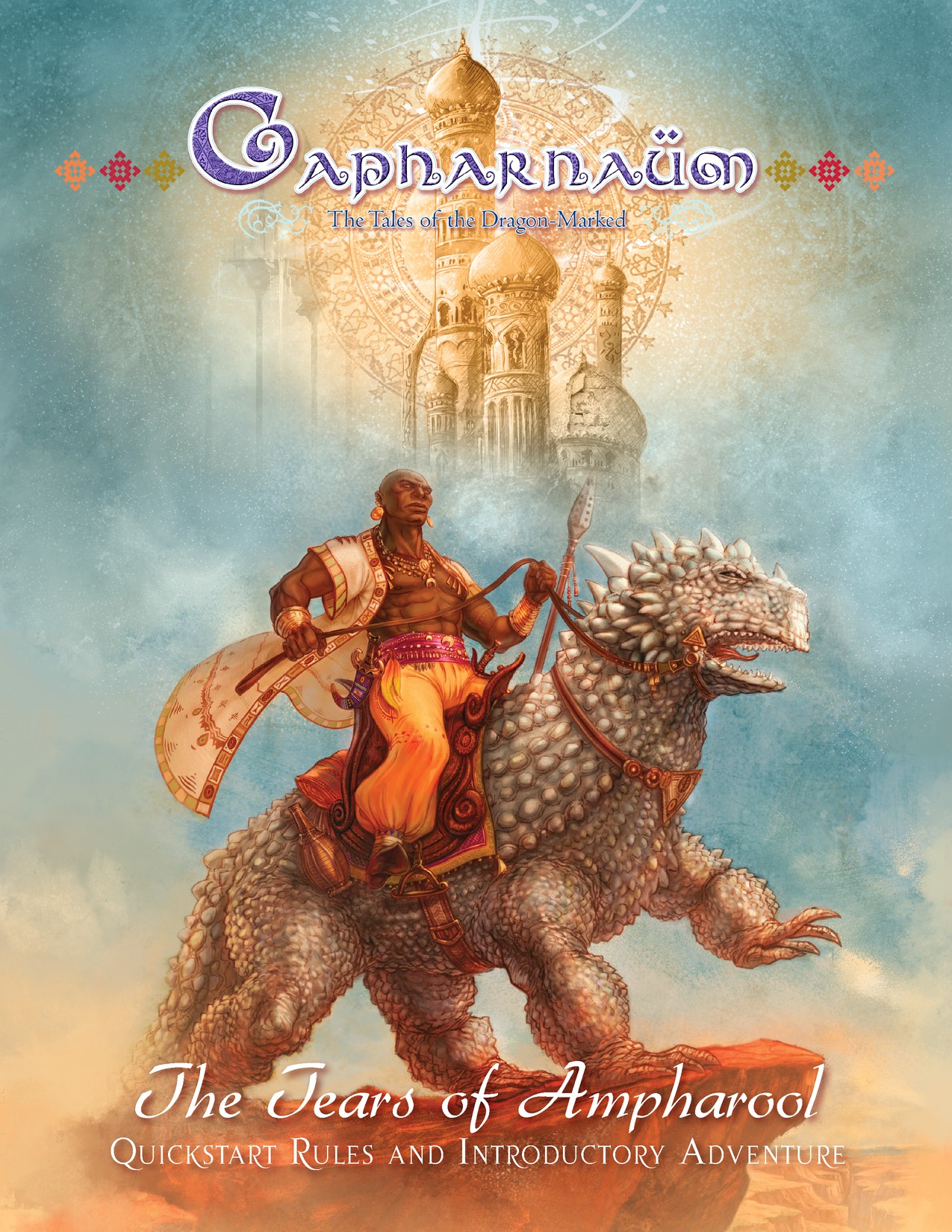

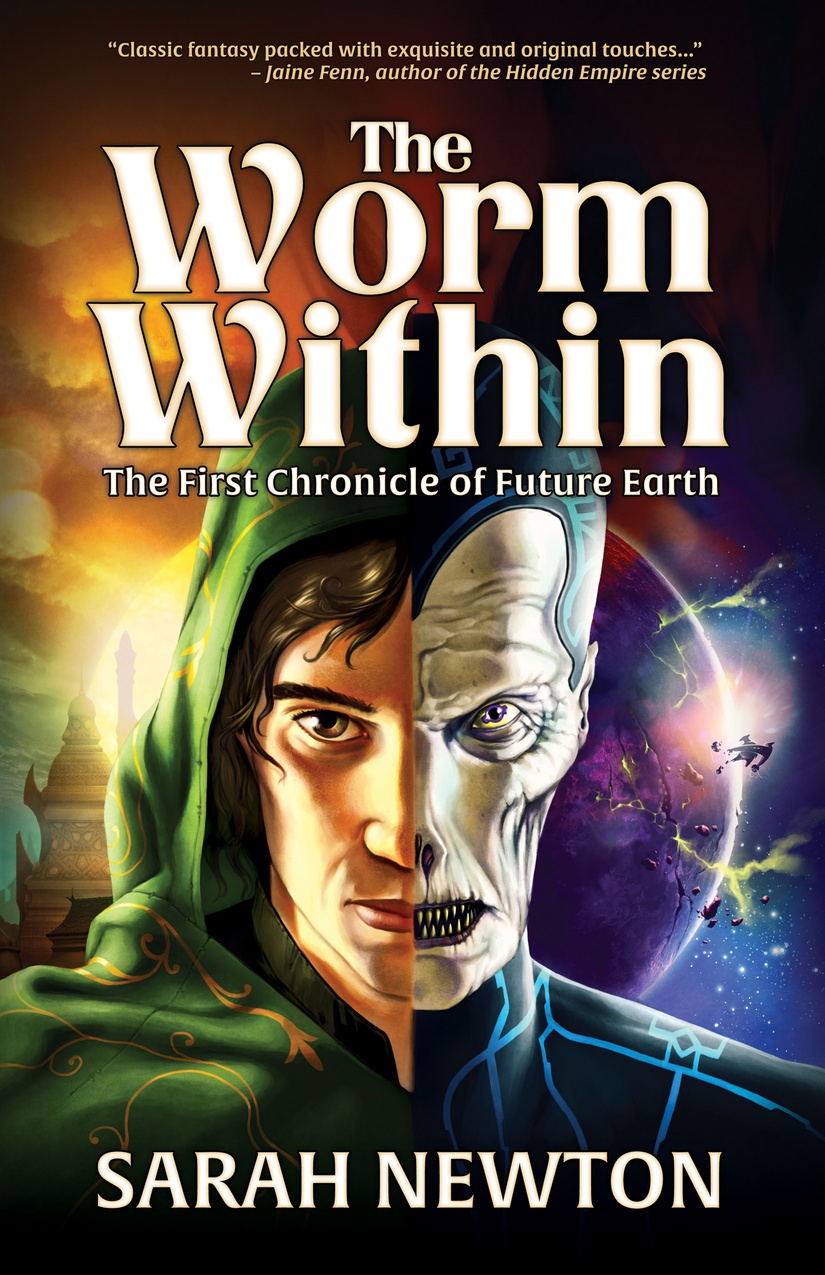
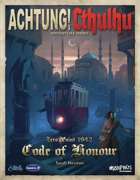


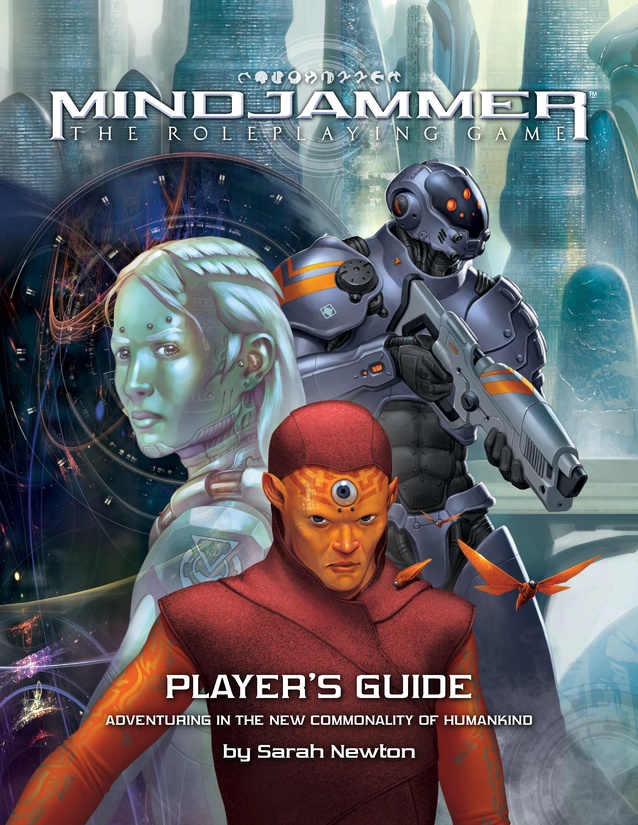





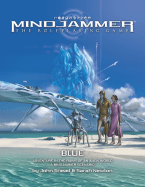


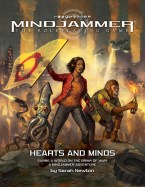

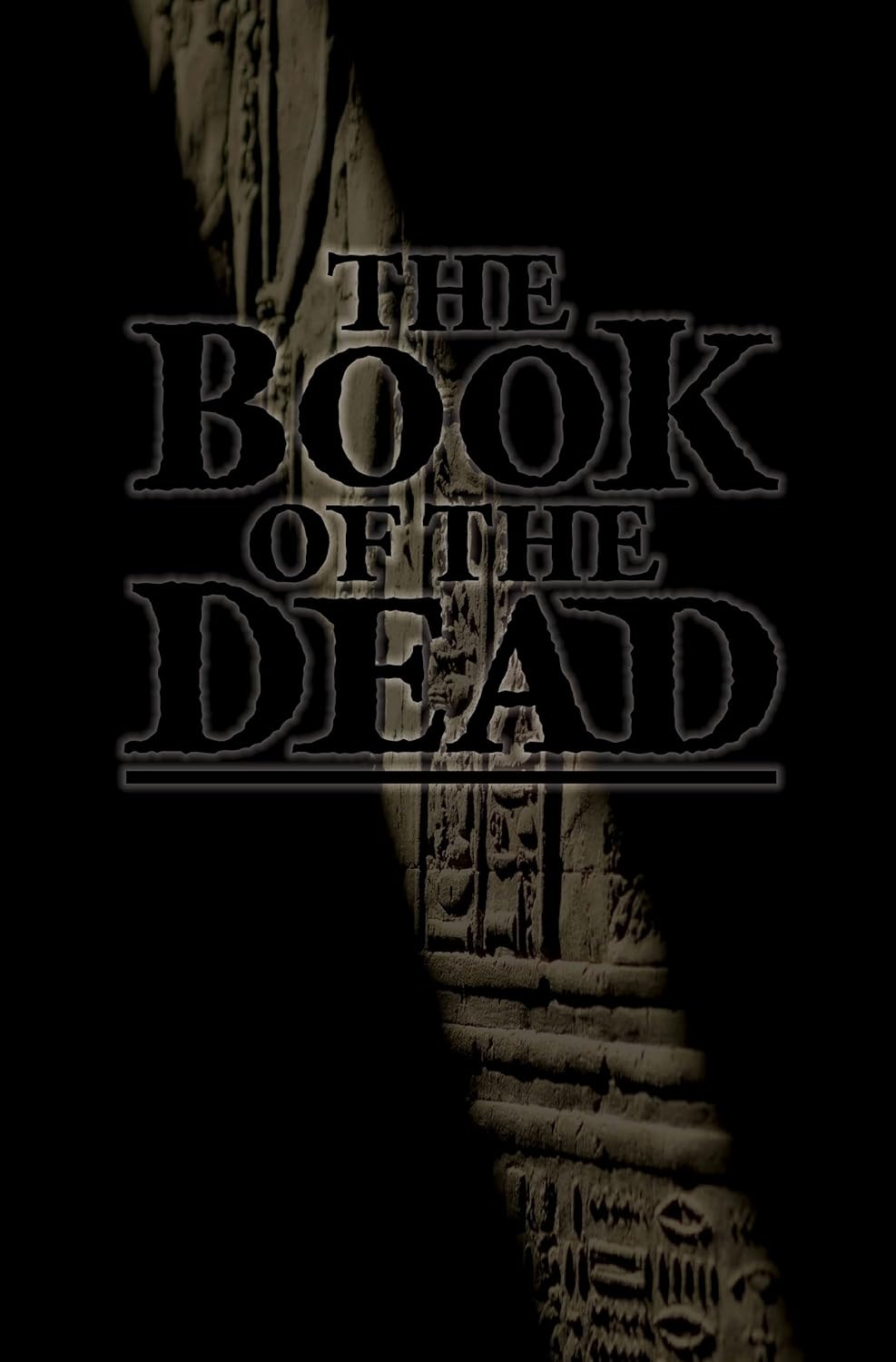

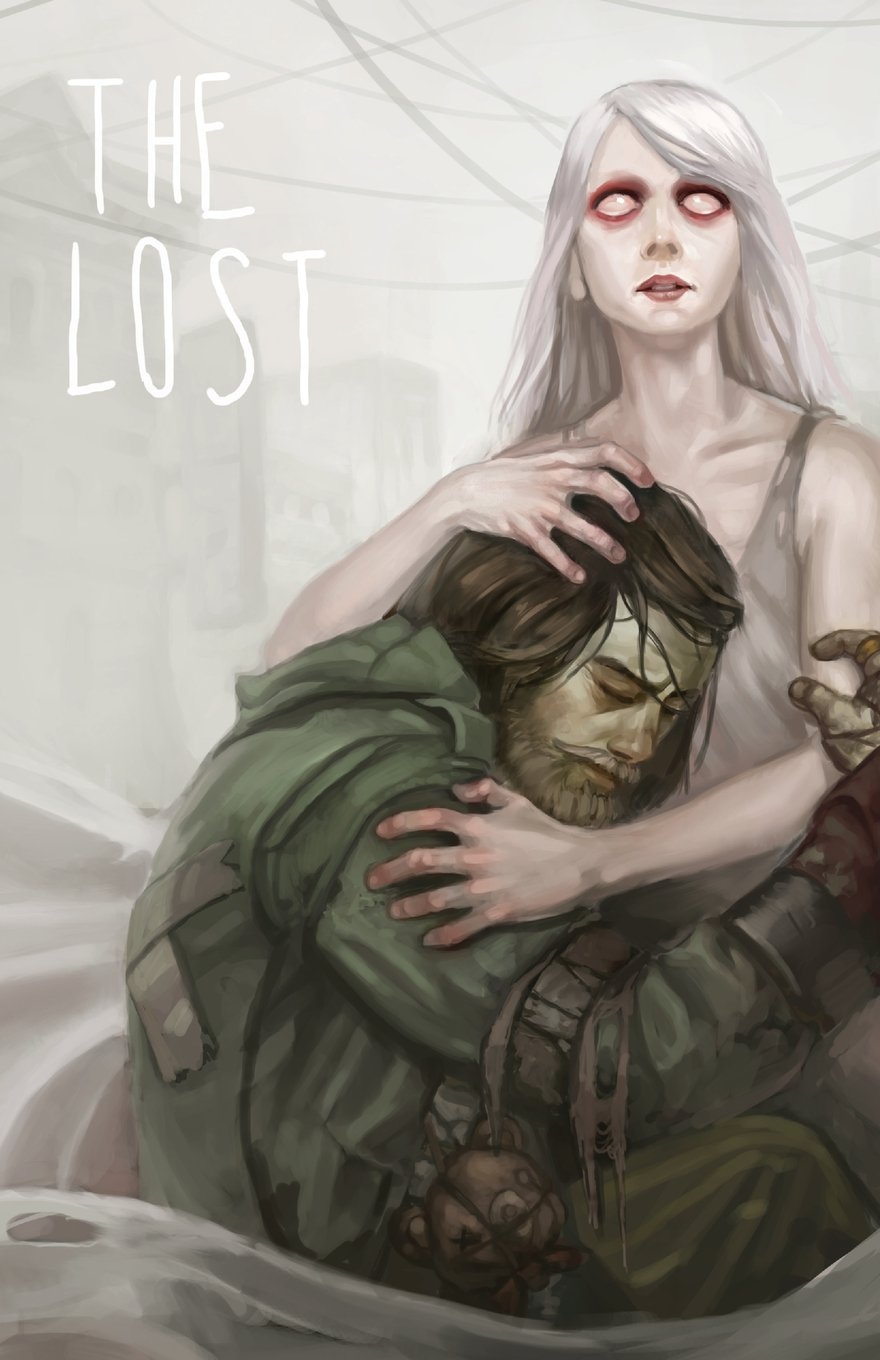


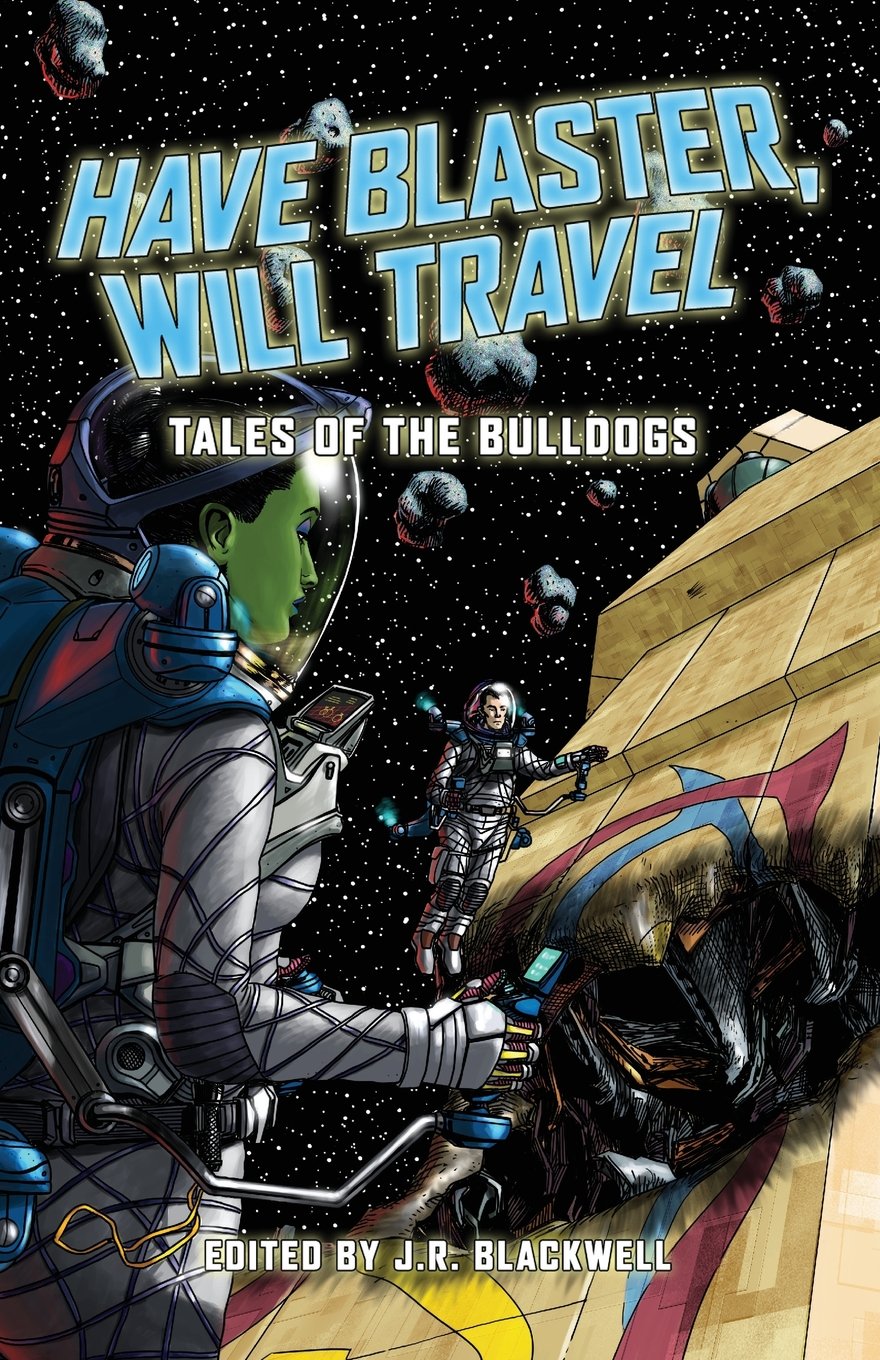



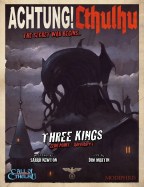
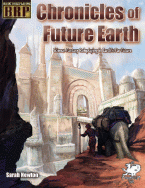



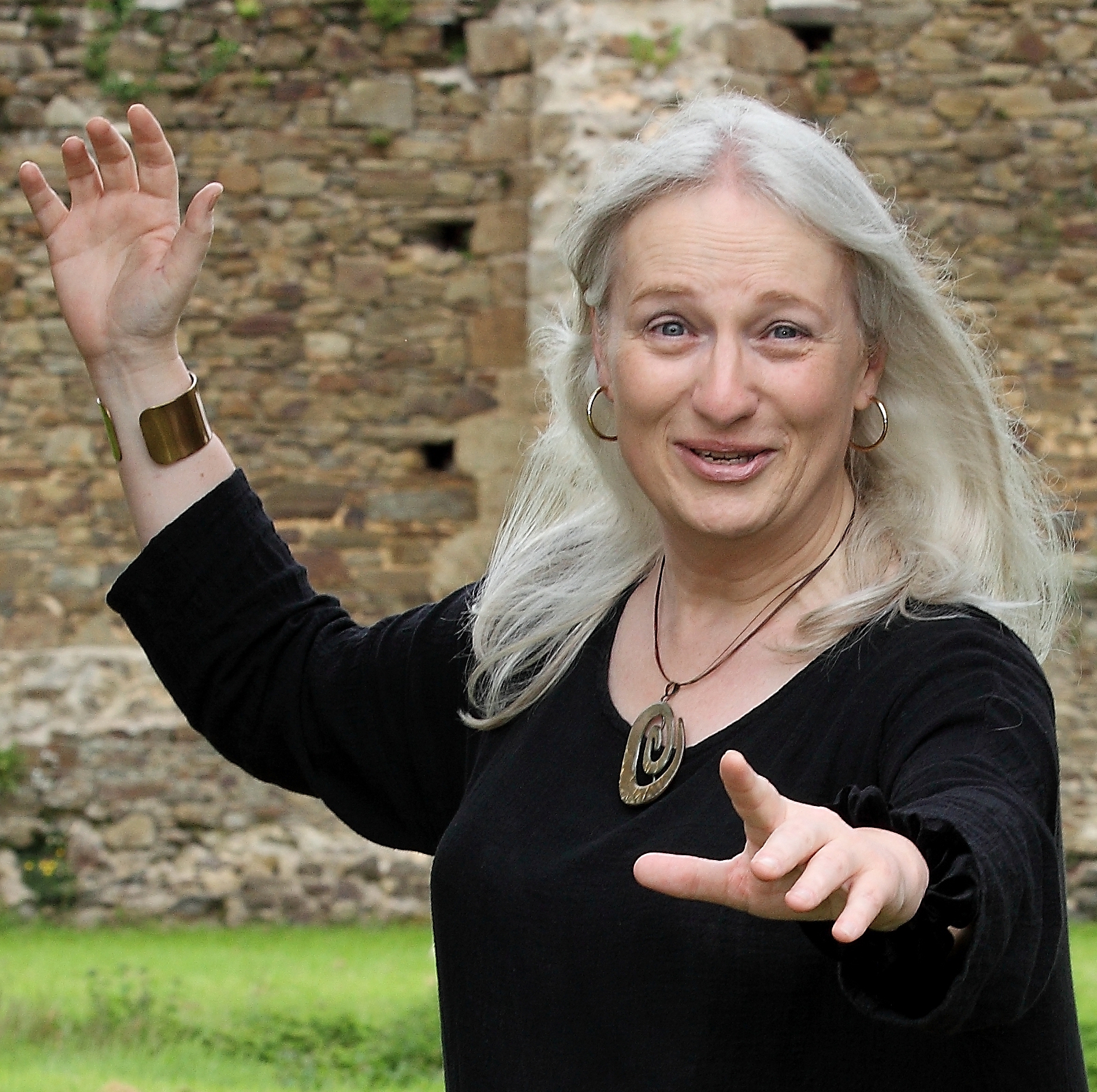
Agreed absolutely, Gerall. I think too that’s one of the great reasons for learning a second language – the realisation that it’s your language which limits and directs your thoughts, rather than vice versa. I think Orwell had such a point with Newspeak – although I disagree with the absolute restrictive power he assumed language has. Personally I get the feeling that if you abolish a word for a concept, people will simply coin a new one – which obviously is how slang, etc, develops.
What I am excited about is the way that the nature of language itself might change. That’s something I’m exploring with Mindjammer. Not only will our existing language develop and (presumably) become more sophisticated as our societies and understanding become (presumably) more advanced, but I think as we engineer ourselves to greater levels of intelligence, the levels of communication we can achieve with language will become correspondingly greater too – kind of like the Mentats of Dune, but turned up to eleven.
That’s one of the reasons I’m always gobsmacked when people talk of communicating with extra-terrestrial intelligences. They could be all around us already, talking endlessly and communicating with us constantly, and yet our brains just aren’t advanced enough to realise it! 😉
Language evolves like any other meme. It does take a talented trail blazer to put together new concepts and express them so that others can visit them. Their contributions represent the new entries into the language / memetics’ “gene pools”. Success criteria for these nascent concepts would be how readily they lead people back to that thought or concept.
In 100 years, our language will support ideas that don’t exist now. 5000 years from now, there will be memes that have evolved from unnumbered generations of ideas tracing their ancestry back to the ideas of today.
We mightn’t have all the mental tools and experience yet, but our species is known for tool making. If we put together useful concepts, our conceptual inheritors are going to be more sophisticated and capable. I’m also looking forward to seeing what we create for the future!